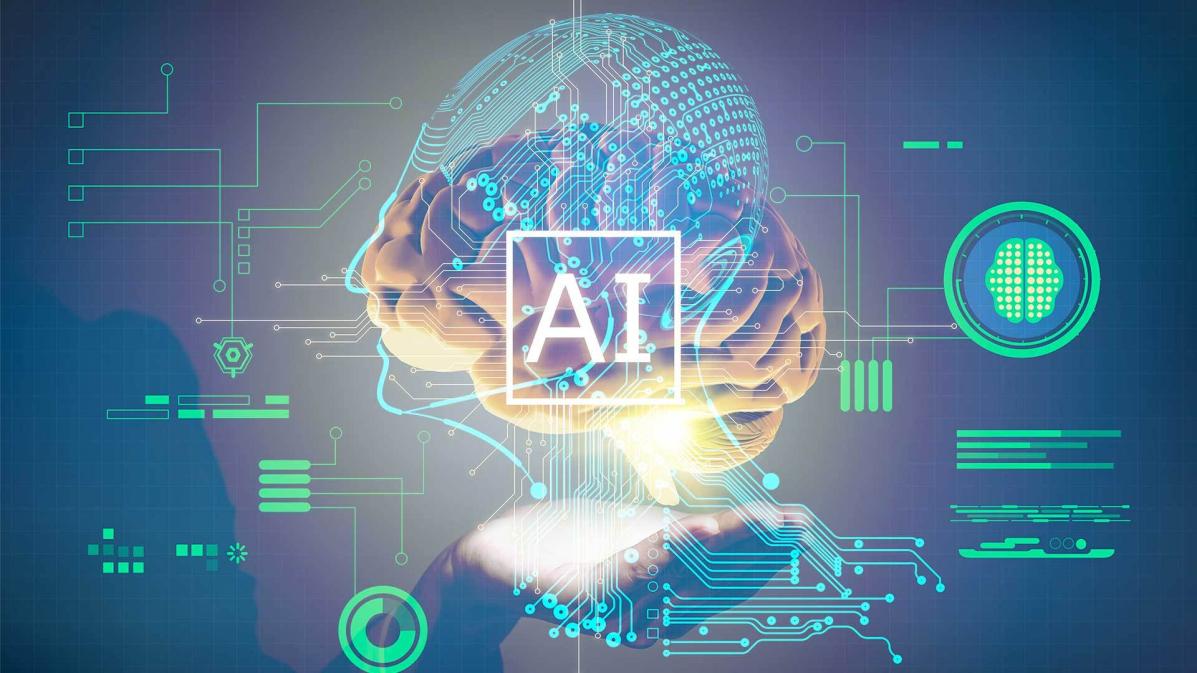How Can AI Enhance the Effectiveness of Counseling Services in the United Arab Emirates?
In the United Arab Emirates, mental health and well-being are of paramount importance. However, traditional counseling services often face challenges in meeting the growing demand for mental health support. Artificial intelligence (AI) presents a promising solution to address these challenges and revolutionize counseling services in the UAE.

Current State Of Counseling Services In The UAE:
Despite the availability of counseling services in the UAE, there are several limitations and challenges that hinder their effectiveness:
- Limited Accessibility: Traditional counseling services are often confined to specific locations and operating hours, making it difficult for individuals to access support when they need it most.
- Lack of Personalized Care: Counseling sessions often follow a one-size-fits-all approach, failing to address the unique needs and preferences of each individual.
- Data-Driven Insights: Current counseling practices lack the ability to analyze client data effectively, limiting the identification of patterns and trends that could improve outcomes.
AI And Its Potential In Counseling:
AI offers a transformative approach to counseling by addressing the limitations of traditional services:
- Accessibility: AI-powered counseling services can provide 24/7 support, breaking down barriers of time and location.
- Personalized Experience: AI algorithms can analyze individual data to tailor counseling sessions to specific needs, preferences, and goals.
- Data Analysis: AI can analyze large volumes of client data to identify patterns, predict outcomes, and develop personalized treatment plans.
- Early Intervention: AI can detect early signs of mental health issues, enabling proactive intervention and support.
Specific Applications Of AI In Counseling:
AI can be integrated into counseling services in various ways to enhance their effectiveness:
Virtual Reality (VR) and Augmented Reality (AR):
- Immersive Counseling Experiences: VR and AR can create immersive counseling environments that reduce stigma, increase engagement, and improve therapeutic outcomes.
Chatbots and Conversational AI:
- Initial Assessments and Ongoing Support: AI-powered chatbots can conduct initial assessments and provide ongoing support, offering accessibility, anonymity, and immediate response.
Machine Learning and Data Analytics:
- Personalized Treatment Plans: Machine learning algorithms can analyze client data to identify patterns, predict outcomes, and develop personalized treatment plans that optimize therapeutic interventions.
Ethical Considerations And Challenges:

The integration of AI in counseling also raises ethical concerns that need to be addressed:
- Privacy and Confidentiality: Ensuring the privacy and confidentiality of client data is crucial to maintain trust and prevent misuse.
- Bias in AI Algorithms: AI algorithms must be carefully designed and monitored to avoid bias that could lead to unfair or discriminatory outcomes.
- Human Counselor Involvement: The role of human counselors in AI-powered counseling needs to be clearly defined to ensure a collaborative and ethical approach.
AI has the potential to revolutionize counseling services in the UAE by addressing the limitations of traditional approaches. By harnessing the power of AI, counseling services can become more accessible, personalized, data-driven, and effective. Ethical considerations and challenges must be carefully addressed to ensure responsible and beneficial implementation of AI in counseling. Further research and collaboration are needed to explore the full potential of AI in transforming mental health support in the UAE.
YesNo

Leave a Reply